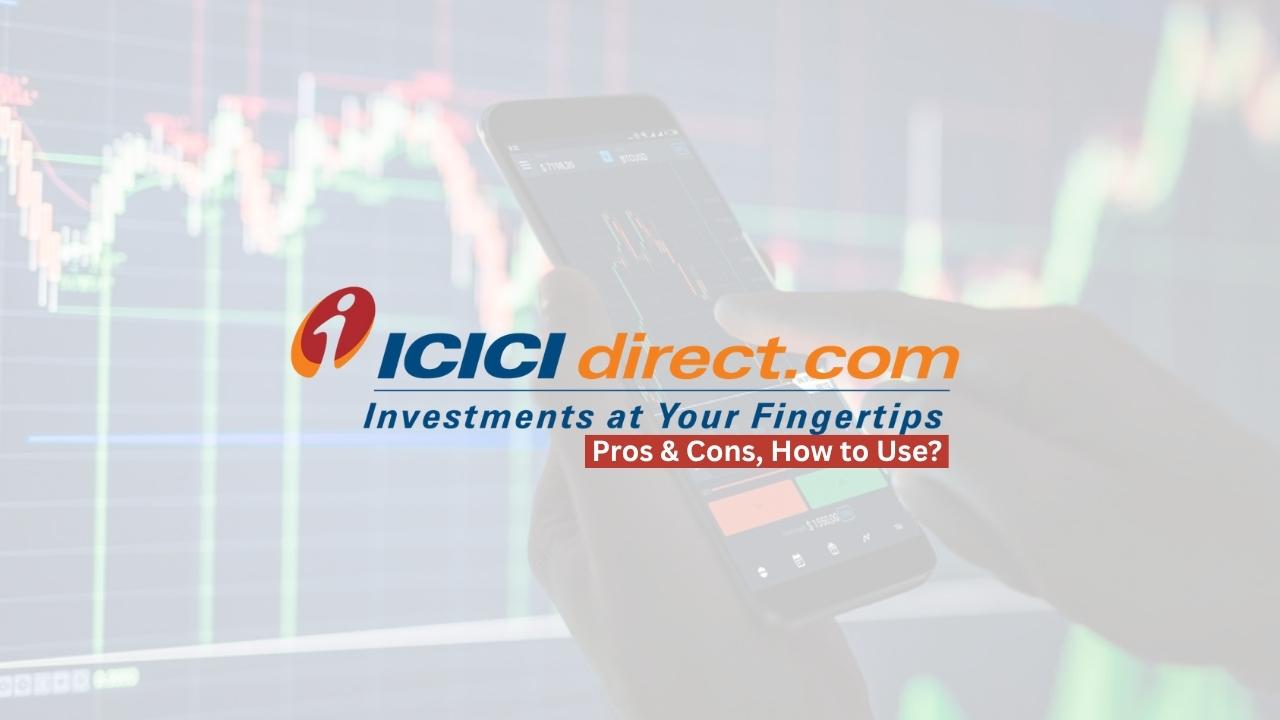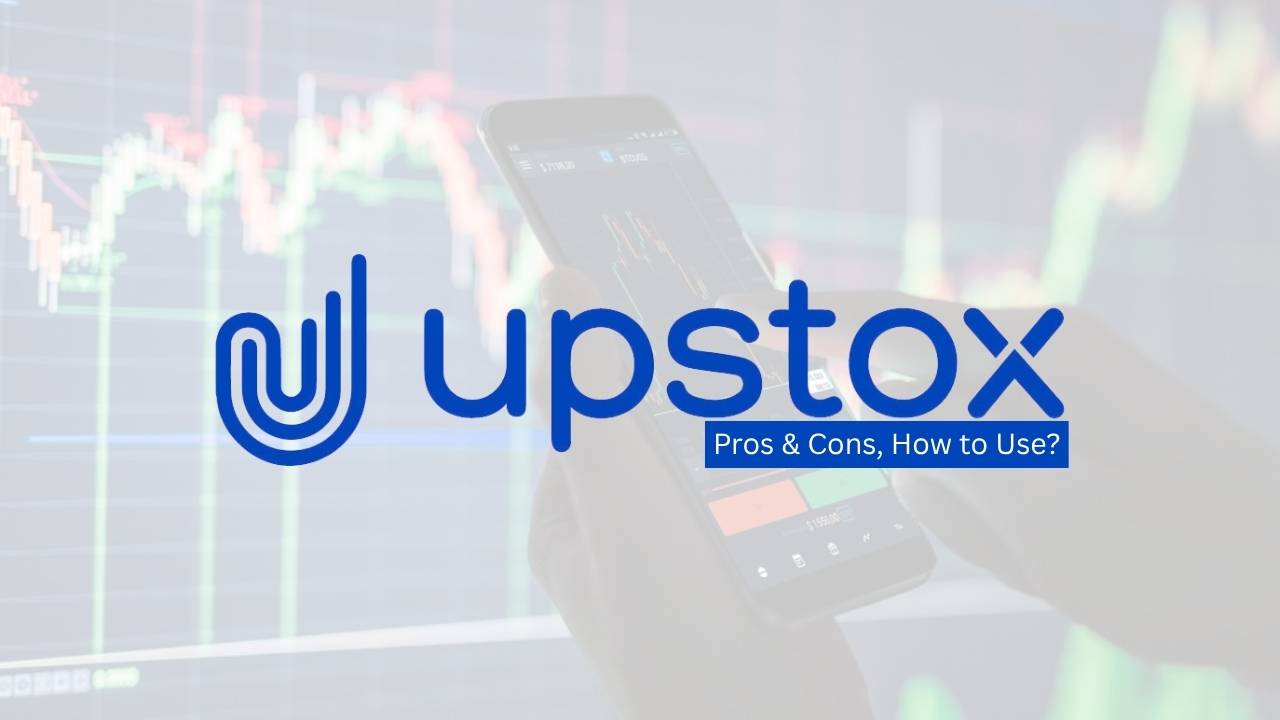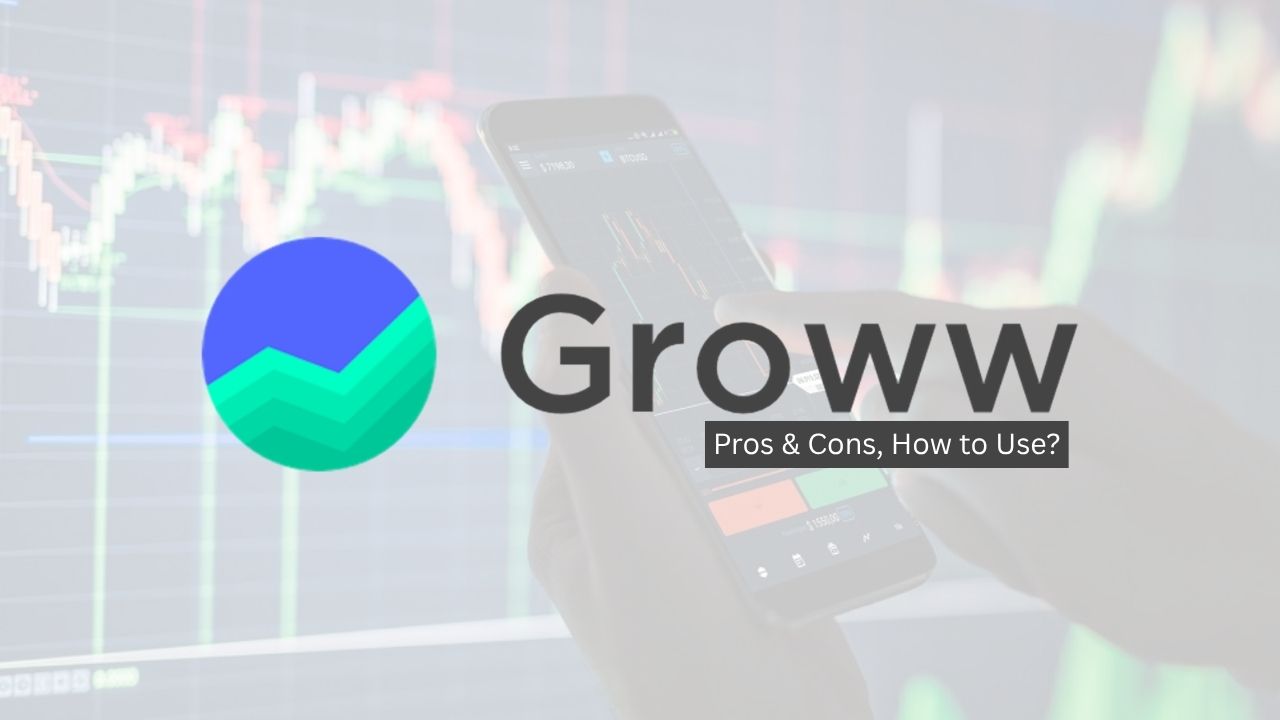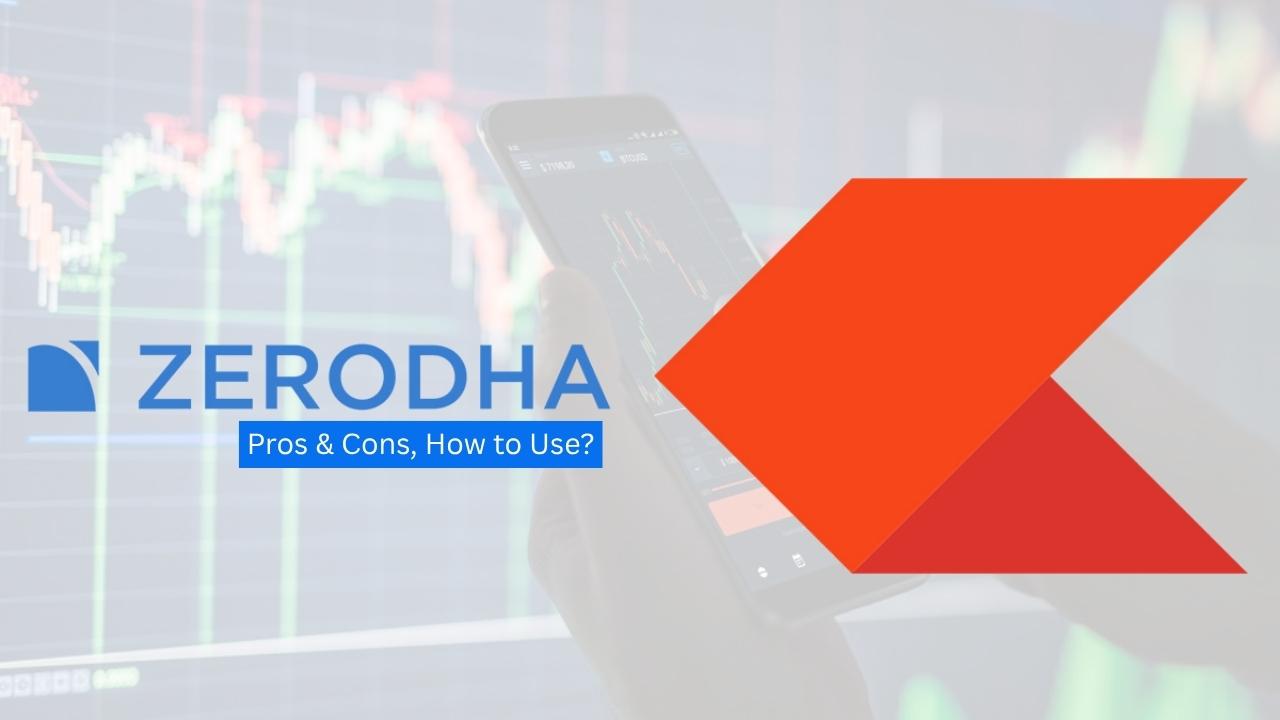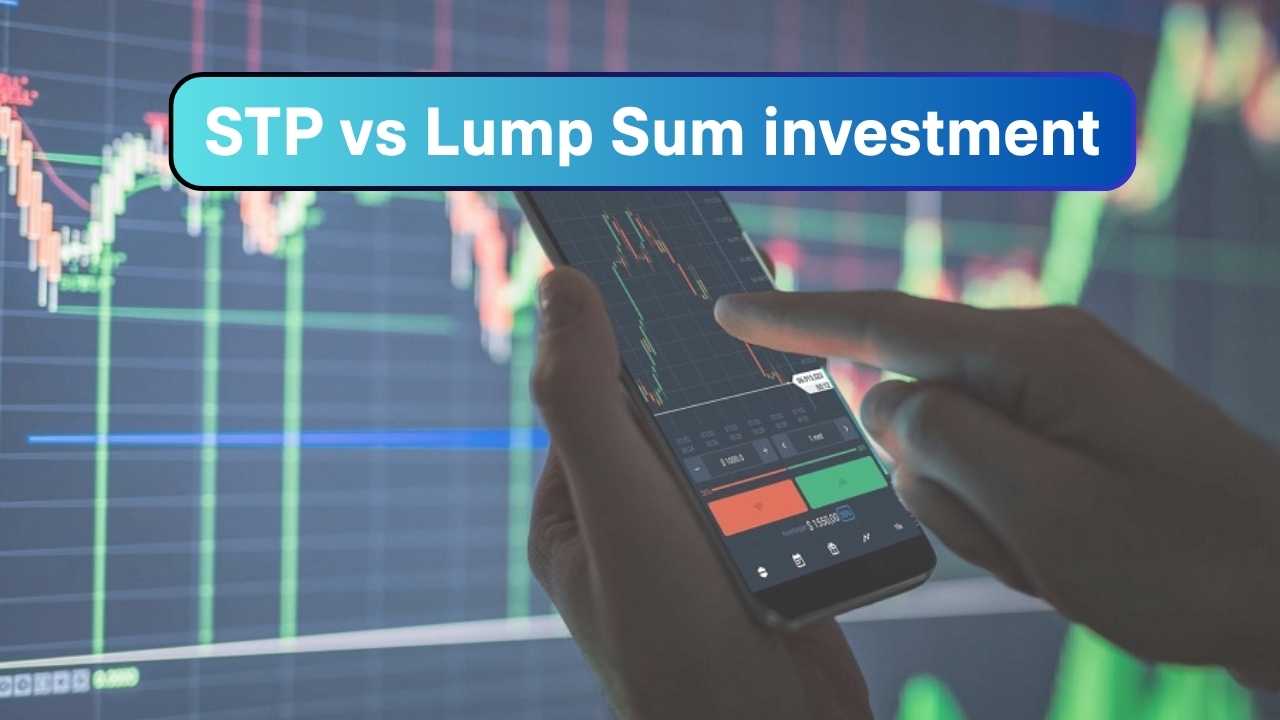ICICI Direct Markets is ICICI Securities’ online investing and trading platform (a subsidiary of ICICI Bank). It allows you to purchase and sell shares, derivatives (F&O), mutual funds, ETFs, IPOs, commodities, and others. ICICI Direct is preferred by numerous Indian investors because it connects your bank, trading, and demat accounts in a single “3-in-1” arrangement. The platform provides web and mobile applications, research tools, and additional features for beginners as well as active traders.
In this article, we discuss the key features, the positives and negatives, a candid overview of charges, how to begin and use the platform in a step-by-step manner, a comparison with other brokers, a quick conclusion, and an FAQ section.
ICICI Direct Markets: Features, Pros & Cons, Charges, & How to Use It
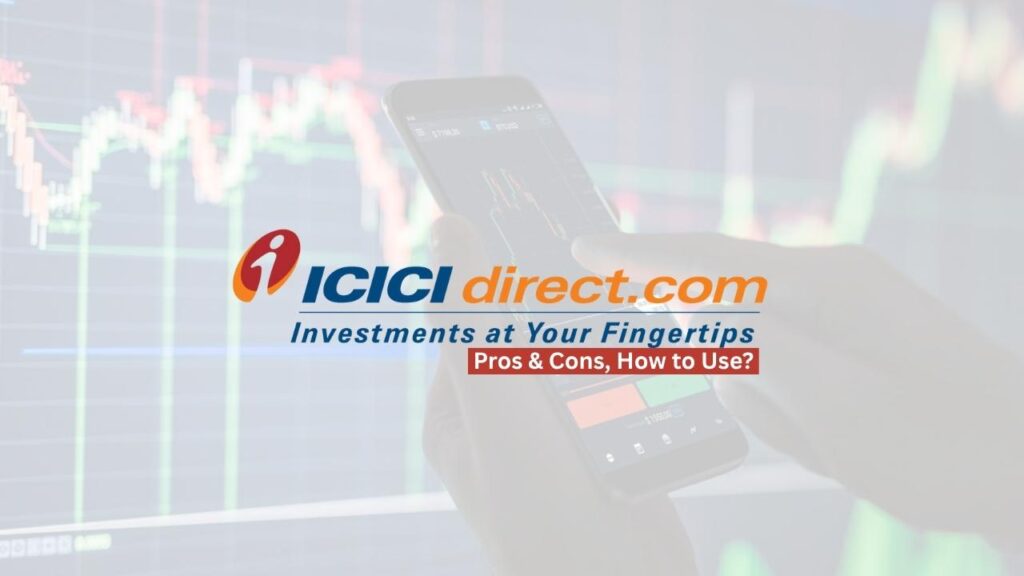
Key features of ICICI Direct Markets
ICICI Direct offers a comprehensive range of features aimed at catering to various types of investors. To begin with, the 3-in-1 account is an enormous convenience: your demat account, trading account, and savings account (with ICICI Bank) are connected so money and stocks flow easily. This simplifies funding and settlement for most customers. Second, the website has three trading interfaces — web (browser), desktop (web-based pro tools), and a mobile application — each with watchlists, charts, and rapid order entry. Third, ICICI Direct provides sophisticated trading facilities, including sophisticated charts, F&O payoff analyzer, basket orders, cloud order, strategy builder, and one-click trade options, facilitating active traders to place and manage trades quickly.
There are even facilities such as e-ATM (immediate pay-out on the sale of shares), stock SIPs (systematic investment in equities/ETFs), and global investing access for investing in some foreign markets. Last but not least, ICICI operates an education platform (“iLearn”) and periodic market analysis, which many members find helpful to learn and decide. These capabilities make the platform robust for both new traders who need research + advice and active traders who require sophisticated tools.
Pros — Why people pick ICICI Direct
There are a number of obvious advantages to trading with ICICI Direct. One of the key advantages is trust & reach: ICICI is a reputable brand in India and has a big branch and support network, which assures numerous first-time investors. The 3-in-1 account saves paperwork and simplifies the transfer of money smoothly between banking, trading, and demat — convenient for fast fund transfers and settlements. The products offered by the platform are wide: equities, derivatives, mutual funds, commodities, IPOs, fixed income, and even global investing.
ICICI Direct provides traders with several value-added tools — sophisticated charting, payoff analysers, strategy builders, basket orders, and quick exit/order types — that assist in handling complicated trades. Lastly, their study material, research calls, and customer service (branch + call center) are benefits for users who need hand-holding as they learn. These are strengths that make ICICI Direct appealing to those who prioritize convenience, research, and powerful tools all in one location.
Cons — Things to be aware of
ICICI Direct is not ideal for all investors. One often-quoted con is higher fees and brokerage versus most discount brokers. Full-service brokers such as ICICI usually impose percentage-based delivery brokerage or greater per-trade charges unless you choose a lower-cost plan; this can be hefty for high-volume traders or investors who trade daily. Another con can be numerous product choices and complexity — newbies may find the variety of tools and plans overwhelming initially.
Additionally, although assistance is generally abundant, some investors like the skinny, low-cost platforms of newer discount broker mobile applications, which are less expensive and easier for simple buy-and-hold investors. Finally, pricing schemes and promotions evolve with time, so ensure checking the current plan information before deciding. If low cost is your main concern, ICICI Direct is not always the cheapest.
Charges — Brokerage, AMC, and other fees
ICICI Direct charges vary based on the plan you select. ICICI publishes various pricing plans (investor plans and trader plans) and promotes brokerage from as low as 0.07% for some plans, along with flat plans like ₹20 per order for some segments (F\F trading, intraday) for particular plans (like PRIME/iValue). They also offer discounted AMC (annual maintenance charges) under certain plans (samples indicated on their pricing pages). For low-end account fees, ICICI typically has no demat account opening fee, but AMC and transaction fees may be applicable based on the plan and promotions.
Note statutory charges (STT, exchange transaction charges, GST, SEBI fees, stamp duty) — these are charged over brokerage and are uniform across brokers. Since ICICI has more than one plan, comparing directly is doing the right thing by verifying the precise plan you desire (investor vs trader vs PRIME vs iValue). To get the best figures for your profile, launch the ICICI Direct pricing web page and compare plans, or make use of their brokerage calculator.
How to use ICICI Direct Markets — step-by-step
Operating ICICI Direct is easy once your account is set up.
Step 1: Open a 3-in-1 account (Demat + Trading + Bank) online through ICICI Direct’s account opening page. You will provide KYC documents (PAN, Aadhaar, bank details) and get in-person verification if needed; many users do this entirely online.
Step 2: Fund your trading account by transferring funds from your linked ICICI savings account or by NEFT/IMPS/UPI as given.
Step 3: Download the app or access the web platform (ICICI Direct offers mobile apps and web-based ones). Maintain watchlists of stocks that you track and utilize the search to load charts and data.
Step 4: Enter orders — select delivery (buy and hold), intraday, F\&O, or other product types. Utilize market order, limit order, GTT/orders (Good Till Triggered), or advanced order types such as bracket orders if provided.
Step 5: Position monitoring and settling — for delivery transactions, holdings transfer to your demat; for intraday F&O, margin and settlements are done according to exchange regulations. Utilize ICICI’s research, charting, and order-management facilities to activate stop-loss and exit modes.
Step 6: Withdraw money / utilize e-ATM — once you have sold shares, you can initiate a payout; e-ATM can provide faster credit to your bank account. If you are a new investor, spend some time trying paperless account opening demos on ICICI’s iLearn website and viewing their quick start videos to prevent errors.
Quick comparison table
| Broker / Feature | Delivery Brokerage (typical) | Intraday / F&O Brokerage (typical) | AMC (Demat) | Best for |
|---|---|---|---|---|
| ICICI Direct | Varies by plan — as low as 0.07% on some plans; default plans can be higher. | Flat ₹20 per order on some PRIME/iValue plans or percentage-based on others; depends on plan. | Demat opening often waived; AMC depends on plan (ICICI shows reduced AMC options like ₹300 under some plans). | Full-service users who want research, bank integration, and advanced tools. |
| Zerodha (discount broker) | Often ₹0 for delivery (zero brokerage) for retail clients; check Zerodha site. | Flat ₹20 per order or a very small % for intraday/F&O (varies by product). | AMC applied (Zerodha charges AMC quarterly). | Low-cost traders & passive investors who want basic tools. |
| Upstox (discount broker) | Flat ₹20 per executed order (or lower of ₹20/percentage depending on plan). | ₹20 per order or 0.05–0.10% (whichever is lower) for intraday/F&O depending on product. | AMC varies; check Upstox pricing. | Price-sensitive users who want cheap per-order brokerage. |
Note: Figures above come from the brokers’ published pricing pages and third-party summaries. Pricing and plans change often — always check the broker’s official pricing page before you open an account.
Conclusion
ICICI Direct Markets is a full trading ecosystem with robust brand support, a 3-in-1 account platform, extensive product coverage, and sophisticated tools for traders. It is appropriate for investors seeking bank integration, research guidance, and rich trading capabilities. But it may be costlier than discount brokers for basic delivery trades or highly active, low-margin traders.
If you are willing to pay a little extra for convenience, research, and lots of platform features — and don’t care about paying the absolute lowest brokerage — ICICI Direct is a good option. If your primary consideration is the absolute lowest brokerage, look to discount brokers and shop around carefully. Always compare identical plan details, fees, and tools before committing.
Learn More:
- Difference in Expense Ratio Between Direct and Regular Mutual Funds
- Best Small-Cap Index Funds
- 10 Debt Mutual Funds That Outperformed in the Last 1 Year with 10% to 24% Returns
- Best Mutual Funds for Senior Citizens
- Best Green Hydrogen Stocks in India
Frequently Asked Questions (FAQ)
Is ICICI Direct safe to use?
Yes. ICICI Securities is a registered broker regulated by SEBI and is part of the large ICICI financial group. Your demat holdings are held in a depository participant account (like NSDL/CDSL) and statutory safeguards apply. Always use two-factor authentication and secure your login credentials.
How much does it cost to open an ICICI Direct account?
ICICI often advertises no demat opening charges and multiple pricing plans. Some offers may waive account opening fees. AMC and brokerage depend on the plan you select. Check the ICICI Direct pricing and account opening page for current offers.
Can I trade on the mobile app only?
Yes — ICICI Direct provides a full mobile app that supports market orders, watchlists, charts, mutual fund purchases, and more. Advanced users can also use the web/desktop interfaces. There are tutorial videos and an iLearn hub to help you get started.
How do brokerage plans differ (investor vs trader)?
Investor plans often focus on lower delivery costs and research, while trader plans give flat per-order brokerage (useful for intraday/F&O). ICICI offers PRIME, iValue and other plans — read the plan comparison on their pricing page to choose what fits your volume and style.
Should I choose ICICI Direct or a discount broker?
If you want research, bank integration, branch support, and advanced tools, ICICI Direct is a solid choice. If low cost is the top priority, discount brokers (Zerodha, Upstox, etc.) are usually cheaper for delivery trades and simple trading. Compare fees, tools, and services before deciding.
